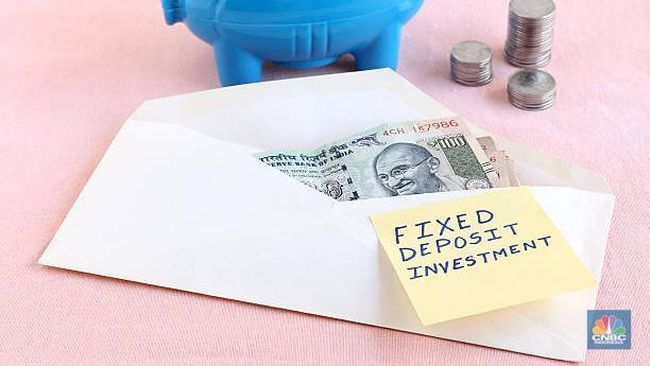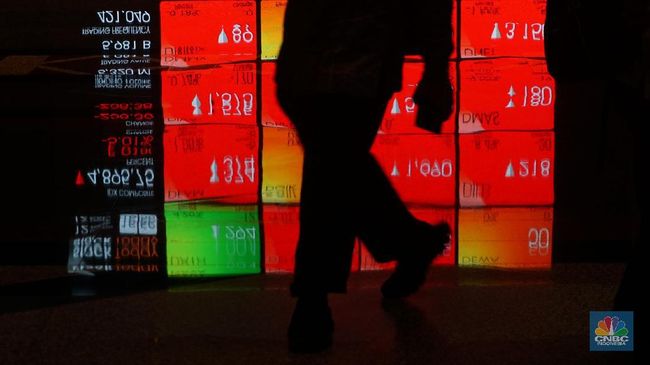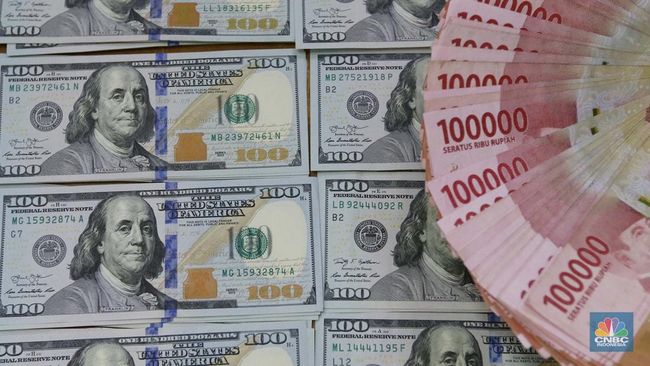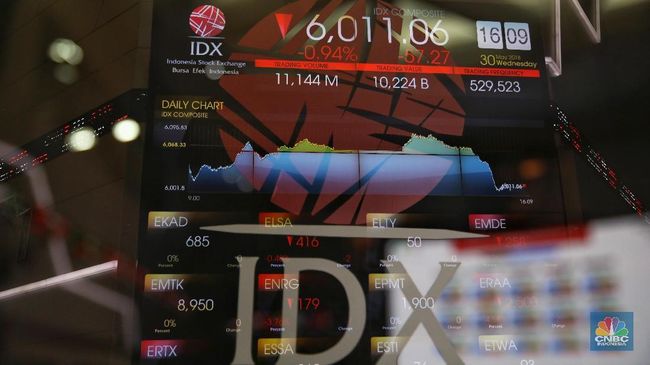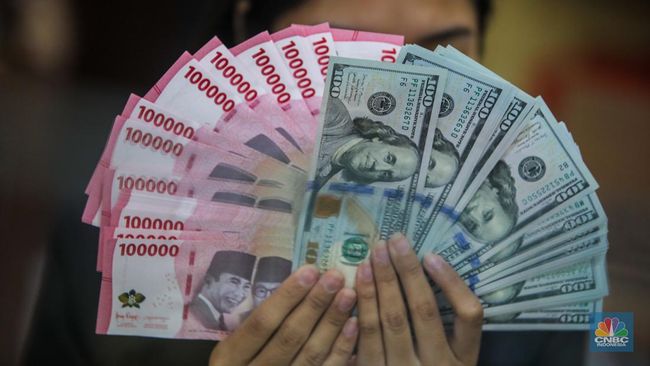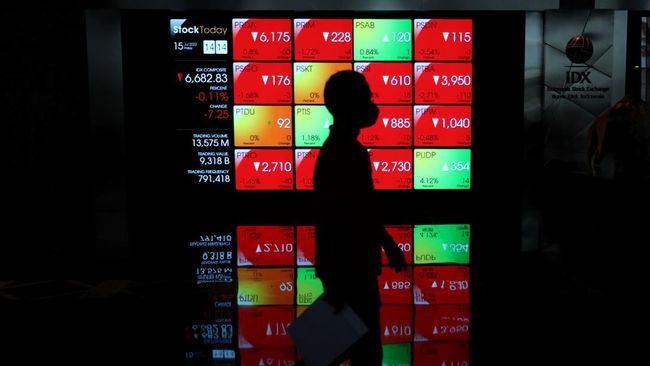
Mortgage rates have typically fallen during recessionary periods.
Douglas Rissing/Getty ImagesRecession headlines come and go in today's news cycle, which is filled with trade war anxieties, stock market roller-coaster rides and global conflict. No one wants to pin their hopes on a major economic setback. But since recessions have often created more favorable conditions for mortgage rates, many of my clients want to know: Will buying a home become more affordable in a recession?
Since the beginning of 2025, average 30-year fixed mortgage rates have been stuck in the high 6.5% to 7% range. Most housing experts, myself included, aren't expecting rates to move much lower before the end of this year. What would it take for mortgages to drop? Could a dramatic shock to the economy send rates down below 3%, like we saw during the pandemic?
Not necessarily. Having navigated the real estate market for over two decades, I've witnessed its highs and lows, including the 2008 seismic crash.
When it comes to buying a home, the market is just one piece of the puzzle, and there's always an opportunity for certain homebuyers. If you're financially ready, the current economic landscape could actually tip the scales in your favor. Let's explore what a recession could mean for mortgage rates, home prices and your journey to homeownership.
Do mortgage rates go down in a recession?
During an economic downturn, mortgage rates tend to decrease for a few reasons. Market uncertainty can cause investors to seek the stability of government bonds, driving up bond prices and consequently lowering their yields (which are tied to interest rates).
Recessions also typically lead to less consumer spending and more job losses, which in turn reduces demand for mortgage loans. This decreased demand can cause lenders to reduce rates. Moreover, the Federal Reserve usually cuts its short-term interest rate during recessionary periods. Lower borrowing rates can help stimulate the economy by encouraging more households to spend and take out loans.
Mortgage rates did drop in recent economic depressions, both in 2020 and 2008. But things are messier this time around. There's political volatility and economic uncertainty everywhere, and the Trump administration's policies are changing daily. Even though rates could see some dips, they might also shoot back up.
If you're holding out for 4% or 5% mortgage rates, you'll be waiting longer than you'd like. It's going to take far more negative economic news to see rates fall in a big way.
Are we in a recession now?
There have been plenty of recession warning signs over the last couple of months. Layoffs are picking up, and consumer confidence has dipped. Paychecks aren't going as far, and retirement accounts are taking hits.
While less disposable income and tighter budgets point to a general slowdown in the economy, technically, we're not in a recession. It generally takes two consecutive quarters of negative GDP growth to hit that definition. The official declaration of a recession by the National Bureau of Economic Research usually comes after a period of economic decline has already been ongoing for several months.
For a lot of folks, it already feels like we're in the middle of a downturn. Even if the inflation rate isn't going up, the cost of everyday goods and services is high, and budgets are getting hammered. When folks feel the squeeze every time they swipe a card at the grocery store, it prevents them from making huge purchases like a home or from taking on more debt.
Will the Fed cut interest rates?
Borrowing costs, credit and debt have been expensive for the last several years, making households and businesses wary about finances. After holding interest rates steady so far this year, the Fed is projected to cut interest rates in July or September, eventually making financing cheaper.
But the central bank has been cautious about shifting policy, especially with tariffs driving prices back up. Rate cuts have been controversial, and the Fed is a bit stuck right now. The economy's losing steam and inflation is cooling, but not fast enough.
Also, while lower interest rates will affect the housing market, the Fed doesn't directly control mortgage rates. Mortgage rates move based on many factors, such as the bond market and investor expectations. Even when the Fed starts cutting rates again, don't expect mortgage rates to drop to rock bottom. Many of those expected cuts are already priced into the market.
Will home prices go down in a recession?
Home prices are a big concern during a recession. Even if home prices are currently showing some signs of cooling off, inventory remains tight on a national scale and sellers still have the upper hand in a lot of regions. Plus, given high construction and labor costs, home prices won't be falling off a cliff anytime soon.
Historically, home prices don't fall much during downturns. The 2008 housing crash was the exception, not the rule.
What we'll probably see is slower appreciation or small dips in certain markets, especially in areas hit by higher insurance costs, taxes or natural disasters (Florida, Texas and Louisiana come to mind).
Is it cheaper to buy a home during a recession?
If you're financially stable, it could be cheaper to buy a home in a recession. You might find better deals, less competition and more negotiating power. But if lending tightens, as it often does during a downturn, getting a loan could get tougher. That's something we're already starting to see with condos and certain types of properties.
Don't overlook "the wealth effect." When people feel wealthier, like when their stock portfolio or home value is up, they're more confident in making big purchases. But when economic uncertainty is high, or there's even a threat of job insecurity, households pull back. That negatively affects buyer activity. If someone just lost $20,000 in their 401(k), they're not rushing to get a new mortgage.
Is now the best time to buy a home?
Your personal financial situation matters more than your interest rate. If you have a solid income stream, strong credit and a long-term plan for paying off a home loan, waiting for lower rates might not be worth it. The best time to buy a home is when it makes sense for you.
So don't expect a "perfect time" to take out a mortgage. The green light most people are waiting for doesn't exist. If you prepare, stay informed and work with the right team, you can make a smart move no matter what the economy's doing.
Read more: Here's Why You Probably Can't Afford a Home on a $100K Salary
Watch this: 6 Ways to Reduce Your Mortgage Interest Rate by 1% or More
02:31

 6 hours ago
3
6 hours ago
3






























